Long Live the Republic (1997)
장르 : 코미디
상영시간 : 1시간 30분
연출 : Eric Rochant
각본 : Eric Rochant
시놉시스
A group of young unemployed people from Le Mans (France) decide to create a new political party.
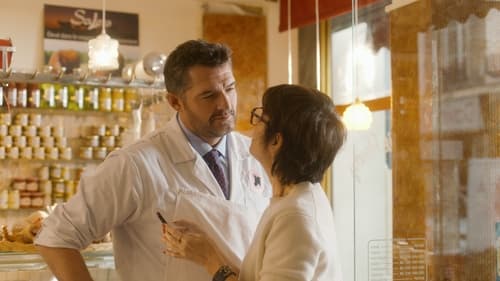
Charly is the editor in chief of a fashion magazine. When her father dies, she inherits the family business: a butchery. Not exactly her passion in life... She’s about to sell it when Mar- tial, who worked for her father, wants to take it over, but she is having second thoughts. These two opposite characters will have to get used to one another.
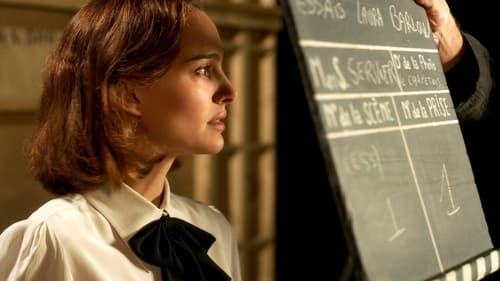
영혼을 부르는 능력을 지닌 미국인 자매가 교령회를 위해 파리에 왔다가 자신들의 이야기를 영화로 찍고 싶다는 제안을 받으며 벌어지는 신비로운 이야기를 그린 미스터리 판타지
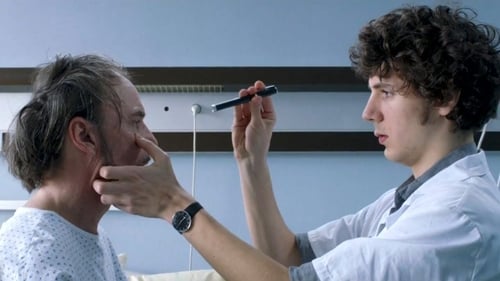
Benjamin is meant to be a great doctor, he’s certain of it. But his first experience as a junior doctor in the hospital ward where his father works doesn’t turn out the way he hoped it would. Responsibility is overwhelming, his father is all but present, and his co-junior partner, a foreign doctor, is far more experimented than he is. This internship will force Benjamin to confront his limits… and start his way to adulthood.
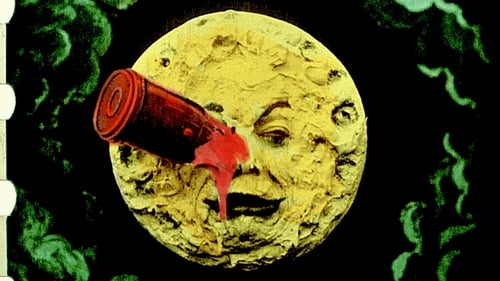
An account of the extraordinary life of film pioneer Georges Méliès (1861-1938) and the amazing story of the copy in color of his masterpiece “A Trip to the Moon” (1902), unexpectedly found in Spain and restored thanks to the heroic efforts of a group of true cinema lovers.
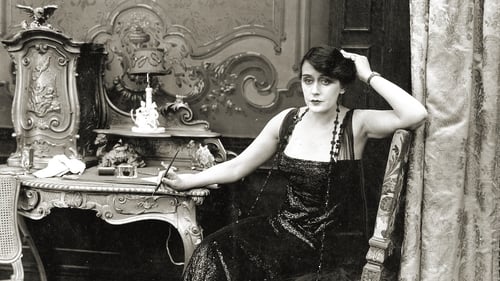
멜라 B. 그린이 연출하고 조디 포스터가 내레이션을 맡은 '알리스 기-블라쉐 이야기'는 영화사를 다시 쓴 장편 다큐멘터리다. 처음으로 영화 최초의 여성 감독, 시나리오 작가, 프로듀서, 스튜디오 주인 알리스 기-블라쉐의 인생과 작품의 전모를 공개한다.
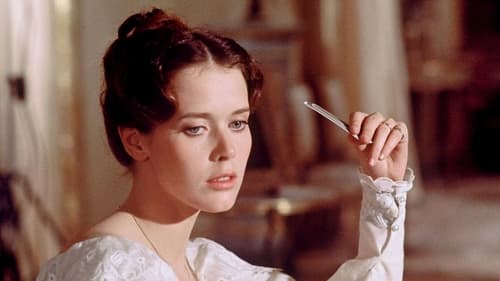
France, 1974. The erotic film Emmanuelle, directed by Just Jaeckin, breaks all records for cinema attendance: the story of the creation of a sensual epic that marked a turning point in the struggle for sexual emancipation.

Herve, the head of a press agency, is traveling fast down a road headed in only one direction: self-destruction. He is an alcoholic, and his drinking is wrecking his marriage, family and career. In desperation and still in denial, he checks into a detox clinic in Geneva, his last-chance saloon. There he meets a group of fellow sufferers and one person in particular, a young woman named Magali, who help him to see life other than through the bottom of an empty bottle.

Three "meetings." Two men. A rumbling volcano.
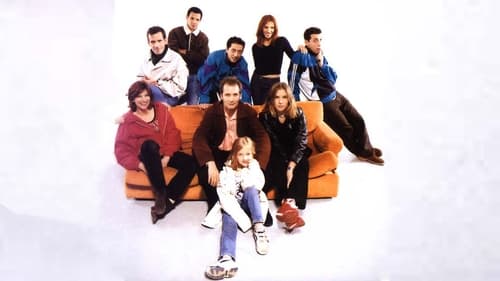
A group of young unemployed people from Le Mans (France) decide to create a new political party.
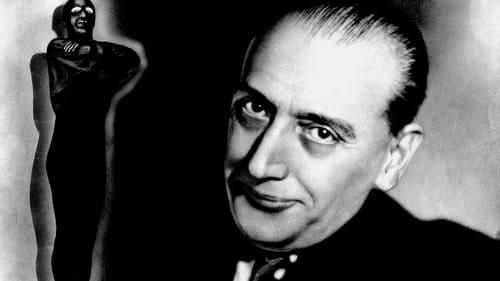
The story of Fantômas, the first villain of modernity, from his birth in 1911 as a novel character to his contemporary vicissitudes, passing through Louis Feuillade, André Hunebelle, surrealism and Moscow.
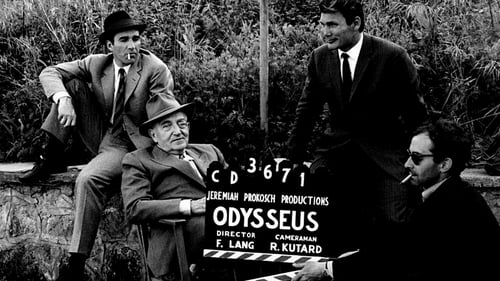
An hour-long discussion between Fritz Lang and Jean-Luc Godard in which they discuss a variety of art forms, the role of the cinema, their collaboration together, and much more. (Filmed in 1964 but released for TV in 1967.)

Forced by the parents to be married, a young couple in Paris discover things about themselves as they mature through their romance together.

French artist Maurice Chevalier (1888-1972), a legend of stage and screen, was an accomplished singer, actor and entertainer, who embodied the charm of his native Paris throughout a decades-long career that brought him fame in Europe and America and left for show business history a vast repertoire of masterful classic songs and captivating film performances.
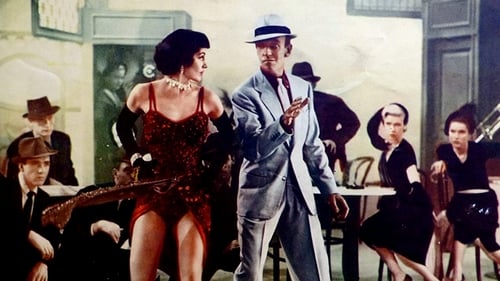
When the silent cinema learned to speak, the audience was surprised not only by the voices of the actors and the sound effects, but also by a new element, the music, which, combined with the dance and an unprejudiced imagination, gave rise to a new genre, as important to Hollywood cinema as the western was: the musical. A journey through the history of this genre, from its beginnings to the present day.
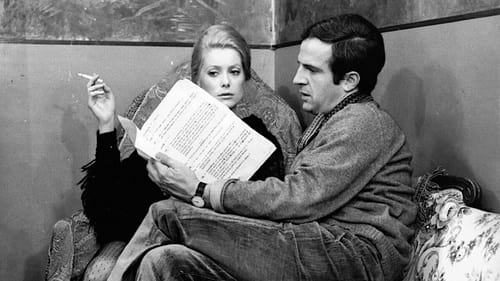
Catherine Deneuve couldn’t care less about being a celebrity, but fame made her an icon long ago and she occupies a special place in our imagination. The star is not one to let others get too close, but when she gives you her confidence, she keeps her word. If Deneuve’s career covers a half-century of cinema, it also bears witness to the force of a generation that experienced the deepest transformation of mores. This portrait reflects her entirely. The story of a mystery and an adventure.

This afterword to India Song (Duras' celebrated 1975 film) is organized in several parts. It begins with an interview to Marguerite Duras by Dominique Noguez, an expert in her work; the interview links the film to the two movies whom it's related to: The Ravishment of Lol V. Stein and The Vice-Consul.
Several themes are tackled: childhood, autobiographical traces, relationships between differents characters and different films and more. India Song's main actors — Delphine Seyrig and Michael Lonsdale, who played Anne-Marie Stretter and the French vice-consul — join the conversation and talk about their roles and their craft. Marguerite Duras then evokes her memories of the shooting with the composer Carlos D'Alessio and her camera operato Bruno Nuytten.
The conversations are punctuated by clips of the film.
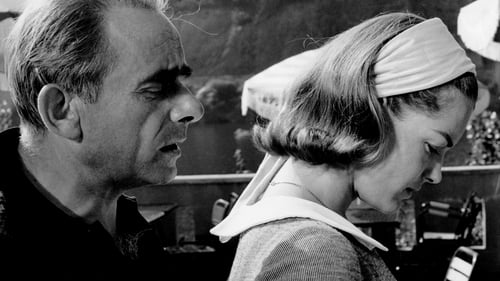
Great filmmakers claim the artistic influence of French director Henri-Georges Clouzot (1907-1977), a master of suspense, with a unique vision of the world, who knew how to offer both great shows and subtle studies of characters. Beyond the myth of the tyrannical director, a contrasting portrait of a visionary, an agitator, an artist against the system.
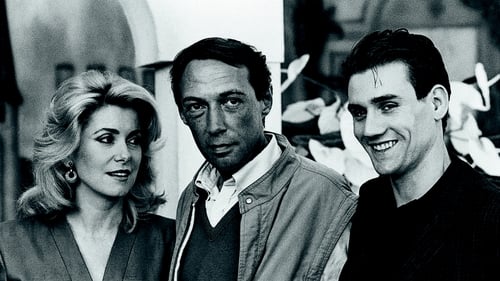
A walk through the career of French filmmaker André Téchiné, from his own point of view and that of those who worked with him: Catherine Deneuve, Daniel Auteuil, Emmanuelle Béart, Juliette Binoche and Sandrine Kiberlain, among others.
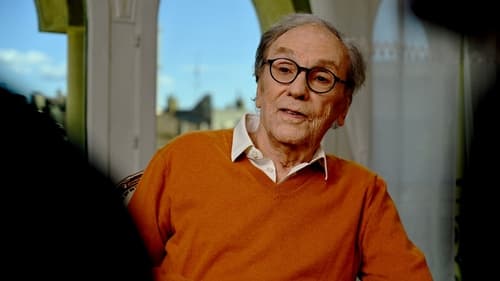
A portrait of a man of rare elegance and enigmatic charm, versatile and successful: Jean-Louis Trintignant, one of the most critically acclaimed French actors of the last sixty years, known for his numerous roles on stage and screen.














